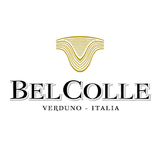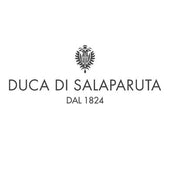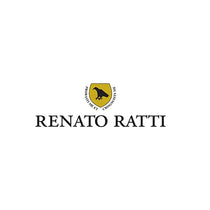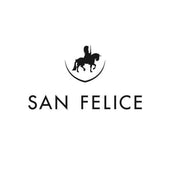Sort + Filter
Tenute Lunelli
The Lunelli family, which since the eighties has inextricably linked its name to Trento DOC with the Ferrari cellar, has dedicated itself following a large production under the forward -looking vision of the Lunelli Group with a collection of three other cellars in particularly suitable areas To Italian enology: the Margon estate in Trentino, the Pordenovo estate in Tuscany and the Castelbuono estate in Umbria.
Villa Margon, headquarters of the group in the elegant sixteenth -century complex of Ravina, gives its name to the interesting production of the Margon estate where the Chardonnay, prince vine, finds maximum expression in the latest born, the Pietragrande, heir to that long experience gained In all these years with this grape variety. The Maso Montalto, on the other hand, tells the elegance of the mountain black pinot, the enfant terrible in a thirty key, which is grown in a historical vineyard of the family, dominated by a rocky wall of over a thousand meters.
The Podernovo estate, another son who came to light at the behest of the Lunelli family, is a splendid Poggio Vitato in the municipality of Dicricciola, in Tuscany, which enjoys an ideal microclimate, on soils made up of sands and fossil deposits, optimal for the cultivation of the vine . The wines of this wonderful estate, built using local stones that have perfectly integrated it into the natural environment, are the teuto, worked for 20 months in large barrel, and the aliotto, obtained from an grapes composed for 60% of Sangiovese , and for the rest of Cabernet, Merlot and other local grapes. Tuscan yes, but with a thirty mentality.
In 2001, with Tenuta Castelbuono, it is instead the turn of an ancient and almost mystical land like Umbria; Fascinated by this territory, the Lunelli family has concentrated its efforts on the vineyards, all converted to organic, and later started the construction of an exceptional cellar, made none other than Arnaldo Pomodoro, one of the major contemporary artists, a fraternal friend of family. The cellar The "carapace", a name given by the same tomato, is a unique work, which challenges the boundaries between sculpture and architecture, a "non -cellar cellar" that required six years of studies and works, inaugurated in 2012.
On Vinolog24.com we believe in complete price transparency:
- Lowest price: this is the lowest price of the product applied within the last 30 days before the price reduction.
- Was before: indicates the price of the product before the promotion.
- Discount percentage: for products on offer, it is calculated starting from the lowest price.














